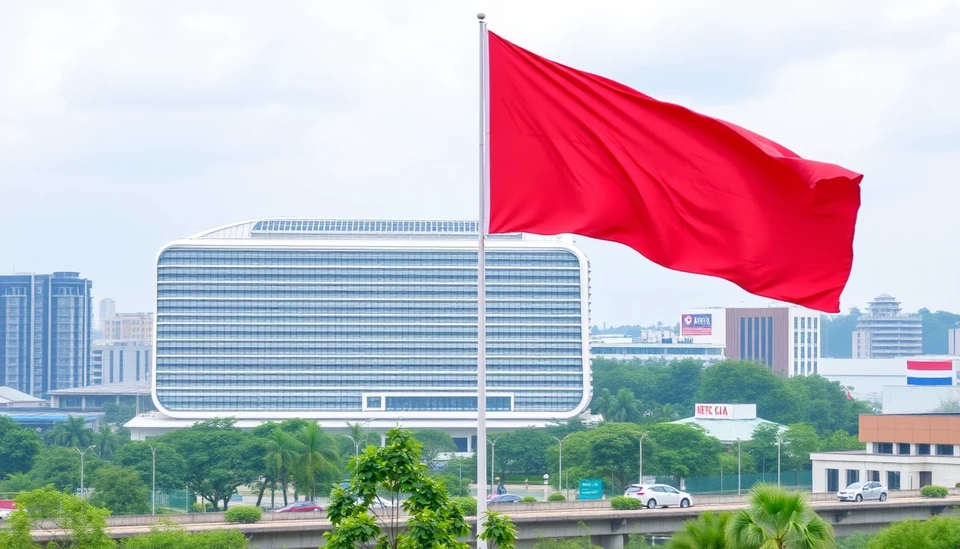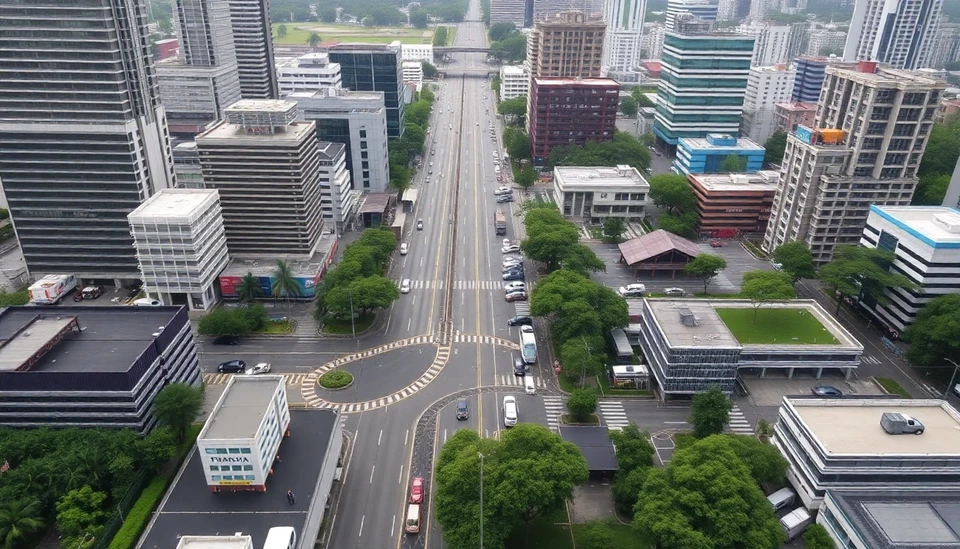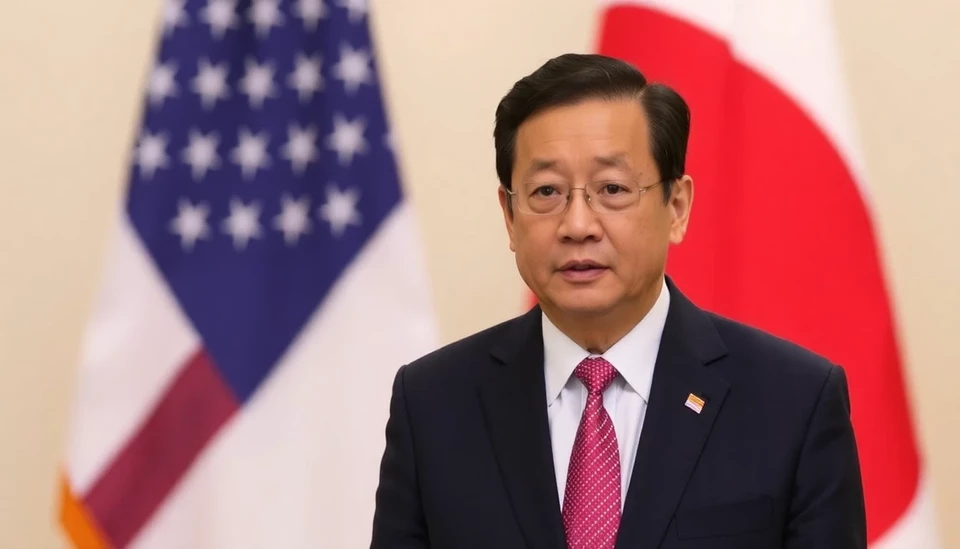
In a surprise move, Indonesia, which may raise many eyebrows over the country's intentions towards sustainable energy, just announced it would almost cut its wind power target by half. This would be a serious blow to the nation's green ambitions and its long-term environmental goals.
Indonesia was planning to develop 800 MW of installed wind power capacity until 2025, but this revised target signifies it will try to achieve only 600 MW in the same period. A reduction by a quarter is seen as a setback in the progress of renewable energy for many.
This decision is supported by the Indonesian government for a number of reasons, including logistical constraints, budgetary limitations, and the need to reassess currently available infrastructure. According to the authorities, such factors create demand for a more conservative and realistic goal.
This too is a function of current economic pressure and changing priorities of policy. Recent global events have brought economic stress that has made the government shift resources to immediate economic recovery, leaving less for investment in green energy.
It has also questioned the validity of the original goal due to delays in project implementation and technical problems. Many wind projects have encountered a range of issues regarding siting and local land-use policies.
Not quite so forgiving are environmentalists and industry experts. To them, this is clearly a backward step in the fight against climate change. Indonesia has ample natural wind resources it should be harnessing to develop and lead in renewable energy.
The decision has sparked heated debate internally and among foreign observers. To critics, such revision undermines Indonesia's commitment to international climate agreements and has called into question whether the country can meet its long-term targets for reductions in emissions.
The advocates for wind energy counter that investment in renewable energy is not only vital because of the environment, but also for economic stability. It also opens up jobs and secures energy for the long term-a principal basis for the nation's future.
Moving forward, stakeholders are calling for the Indonesian government to change its mind and unleash supportive policies that might help more ambitious renewable energy targets. They called for further cooperation between the public and private sectors in the face of challenges as the nation seeks to catapult itself into a greener future.
While the revised target for wind power is surely a setback, it certainly is a reminder of how sensitive countries' balances are vis-?-vis economic priorities, logistic priorities, and environmental priorities in trying to ensure sustainable development.
The entire world will be watching Indonesia's next move in light of ongoing climate change. It underlines how the whole world is in a predicament to maintain momentum for green energy initiatives amidst shifting economic landscapes.
#Indonesia #WindPower #RenewableEnergy #GreenAmbitions #ClimateChange #SustainableDevelopment #EconomicRecovery
Author: Peter Collins




